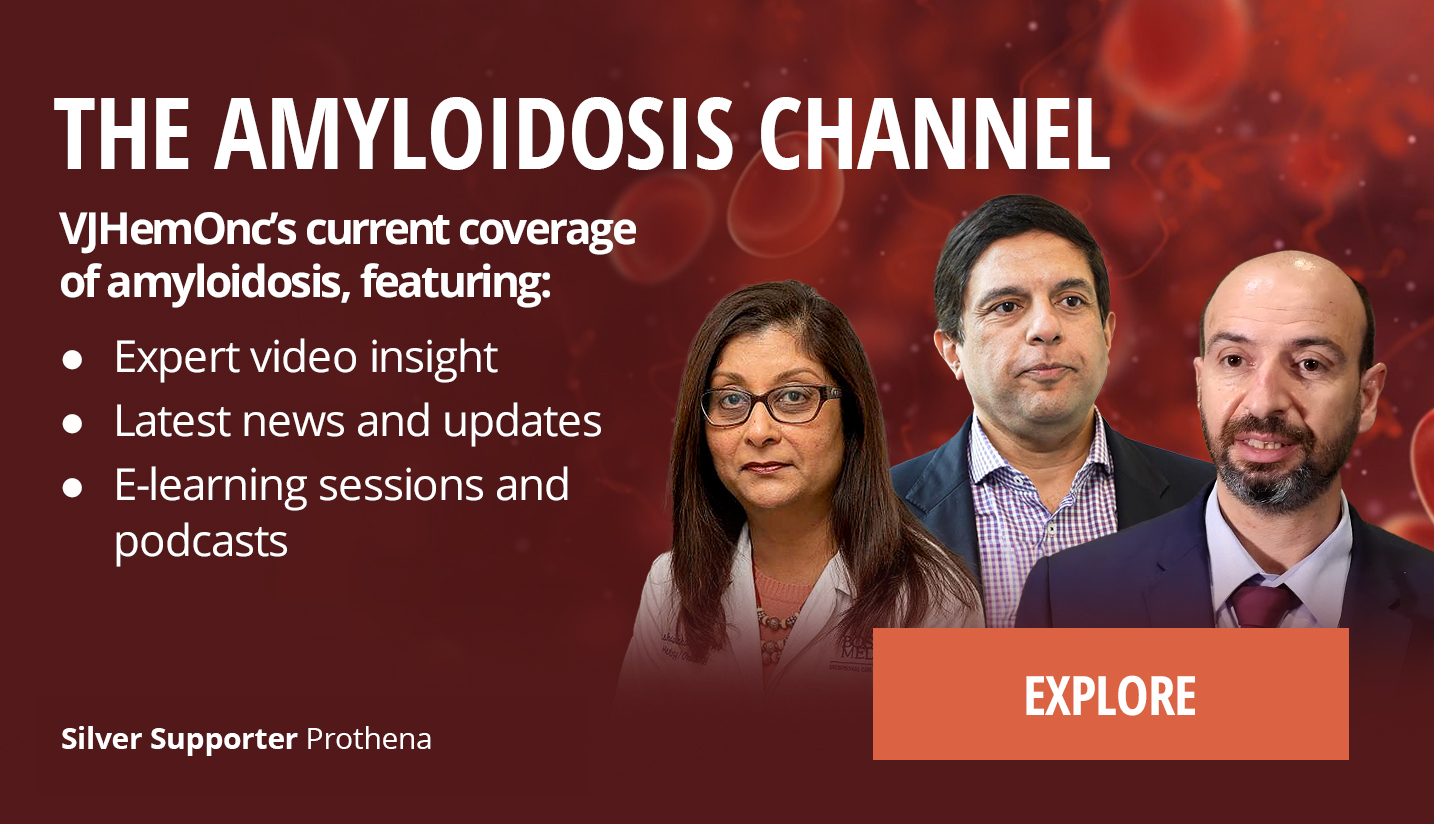In this IMS conference, we brought the updated data only on myeloma, but actually our CAR-T study was the first to treat AL amyloidosis patients, which is more, I think, special and less discussed. And we hope to update and to bring the results in the next ASH conference. But we have prospective data on actually 16 amyloidosis patients who were treated thus far in our study. And overall toxicity, even in this very frail population, including also multi-organ involved and mostly cardiac involved patients, safety was quite manageable, again, with no treatment-related deaths...
In this IMS conference, we brought the updated data only on myeloma, but actually our CAR-T study was the first to treat AL amyloidosis patients, which is more, I think, special and less discussed. And we hope to update and to bring the results in the next ASH conference. But we have prospective data on actually 16 amyloidosis patients who were treated thus far in our study. And overall toxicity, even in this very frail population, including also multi-organ involved and mostly cardiac involved patients, safety was quite manageable, again, with no treatment-related deaths. CRS manageable, no ICANS in this population, and the efficacy was very encouraging with 15 of the 16 patients responding. Only one patient did not respond. So we hope to bring this data and even more updated data to the next important conference. In general, immune therapies is maybe the future of AL amyloidosis, similar to myeloma. But this is a rare disease, it’s hard to conduct studies because of it. And cohorts, the patients are more frail. So immune therapies may be a potential challenge in this population. But actually results are encouraging not only with CAR-T, also with bispecifics. There is an interest in this field and there are studies ongoing and results with teclistamab, a bispecific anti-BCMA were already published – not many patients but the responses are good and it’s overall manageable.














